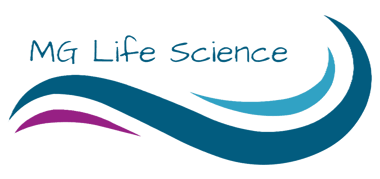Team Facilitation
A neutral fascilitator during
key meetings or brainstorm sessions
Team Coaching
Tailor made team-coaching program to overcome challenges and transform into a top-performing team that exels
As a team facilitator and/or coach, I help you to break through obstacles, rebuild trust, and take practical steps to transform into a team that consistently excels.
Your team is committed to make a real impact on patients. You have a clear vision, a solid plan, and a hardworking team. But somehow, progress is slower than it should be, and you cannot quite put your finger on why…
Team Development
Decision-making is tough, workload feels overwhelming, and deadlines are slipping. Morale dips, collaboration becomes a struggle, and communication starts to break down. Team members hesitate to speak up, avoid conflict, and hold back on giving feedback. Despite your best efforts, the same challenges keep resurfacing. You know something needs to change...
Why work with me?
✅ Over 25 years experience in leadership positions in Life Sciences
✅ Certified Team Coach
✅ Deep Democracy Level 2
✅ Creates tailor-made and scalable team coaching programs
✅ Located in the heart of the Leiden BioScience Park
Get in touch to discuss how I can best support you


Visiting address:
Biopartner 3, Galileiweg 8
2333 BD Leiden, The Netherlands
Contact information:
Phone: +31632033112
E-mail: info@mglifescience.nl


